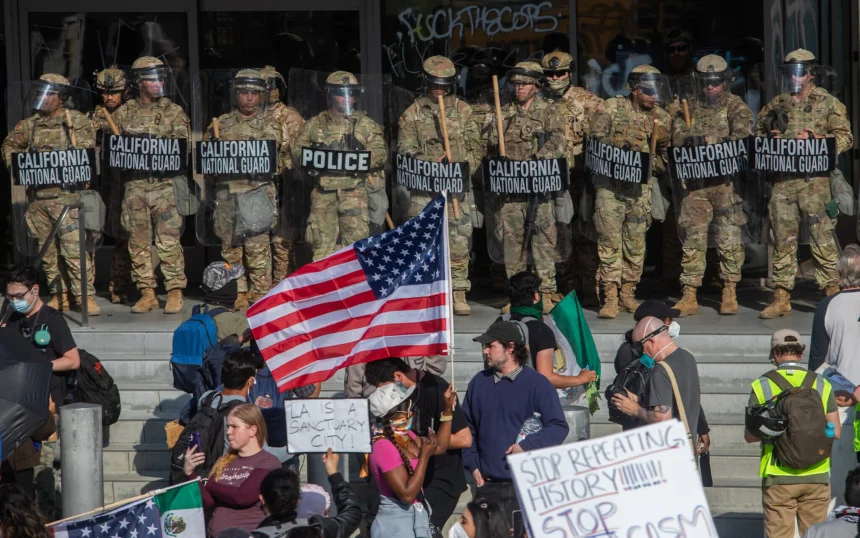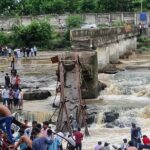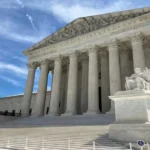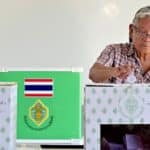WASHINGTON D.C. — The House Committee on Oversight and Government Reform is examining claims that the Chinese Communist Party (CCP) is helping to fund political unrest in the United States. These claims, brought to attention by the New York Times and committee documents, focus on a billionaire living in the U.S. with strong connections to Beijing.
The committee says this individual’s financial support may be encouraging protests and turmoil across the country.
Oversight Committee Chairman James Comer (R-Ky), along with Representatives Anna Paulina Luna (R-Fla) and Marjorie Taylor Greene (R-Ga), led the probe. Their main subject is Neville Singham, an American philanthropist now living in China.
According to the Oversight Committee, Singham is believed to be the chief funder of the Party for Socialism and Liberation (PSL), a far-left group linked to recent protests, including riots in Los Angeles.
The New York Times also highlighted Singham’s past support for other organizations like Code Pink, which have protested against U.S. policies and often take stances friendly to countries opposing U.S. interests.
The committee has sent Singham (Below Image) a letter asking for records about his donations to PSL and other groups. Lawmakers claim he operates a secretive funding network through nonprofits such as the United Community Fund and Justice Education Fund.

These groups have little public presence but reportedly send large sums to organizations that back civil unrest. Lawmakers worry that Singham’s financial activities may violate the Foreign Agents Registration Act (FARA), as they seem to fit with China’s efforts to create division in America.
Since March 2024, the Oversight Committee has expanded its review of China’s influence across the U.S., looking at sectors like education, agriculture and technology. Chairman Comer says the findings suggest a planned effort by Beijing to gain sway over American institutions.
A committee report released in June 2025 criticized federal agencies for failing to confront these threats, with evidence showing that some agencies may have been influenced by the CCP. The review of 25 federal agencies revealed weak spots in defending against foreign interference.
Some Democratic lawmakers have criticized the investigation, arguing that the focus on Singham and China could exaggerate the threat and ignore local causes behind the unrest. Representative Jamie Raskin, a former top member of the committee, warned against blaming foreign actors without strong evidence.
He called for both parties to work together to solve the political division in the country. Chairman Comer, however, pointed to financial documents and Singham’s relationships with China-linked organizations as reasons for urgent action.
The New York Times has continued to cover Singham’s activities, showing his long-standing support for causes that overlap with Beijing’s interests. Concerns have also spread on social media, where some claim that China uses left-wing activists to stir up trouble in the U.S., though these claims still need further proof.
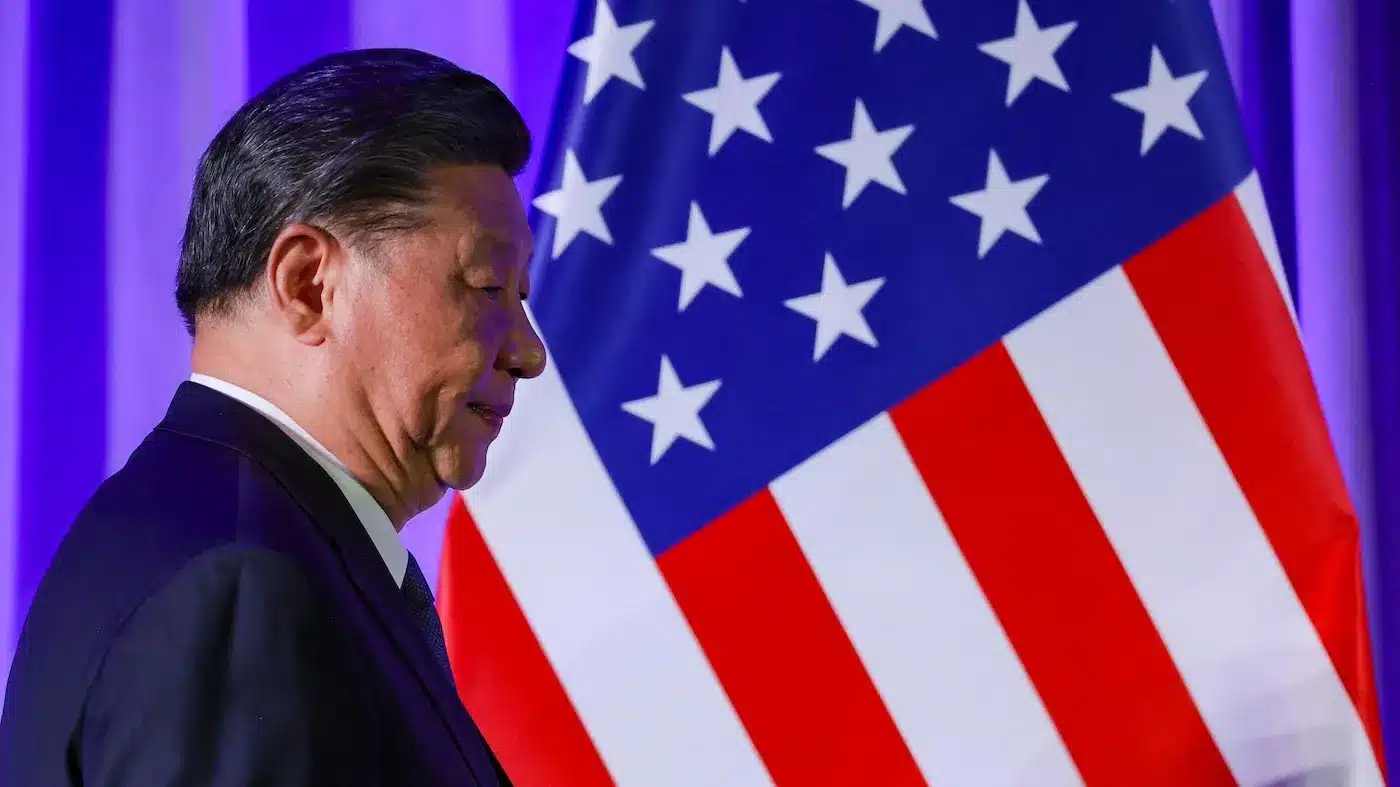
These developments come as U.S.-China relations remain tense. Last September, Congress passed 25 new laws to fight CCP influence, including tighter controls on China’s biotech firms and stricter export rules.
Experts speaking before the committee have warned that Beijing’s methods, such as funding disruptive groups, aim to weaken America without confrontation. Joseph Cella, a former U.S. ambassador, described the CCP’s approach as subtle but harmful, using U.S. freedoms to create division.
The Oversight Committee plans to hold more hearings on how federal agencies are responding to China’s influence. Chairman Comer says he will make sure anyone helping foreign interference is held responsible, insisting that the public deserves openness and security.
The debate over how to balance action against foreign threats with the need to keep the country unified is growing, especially with the 2024 election cycle adding to the pressure.
The committee has asked the Justice Department for a briefing on its efforts to push back against CCP operations, but has not yet received a public reply. As the investigation continues, its results could shape how the U.S. works to defend its democracy from outside involvement.




